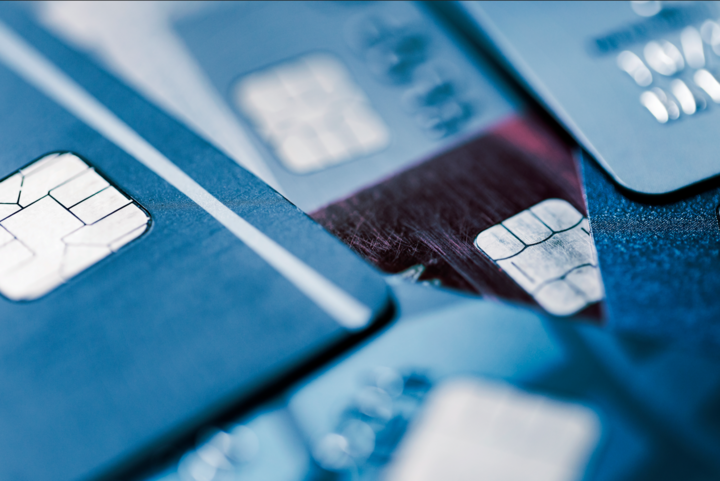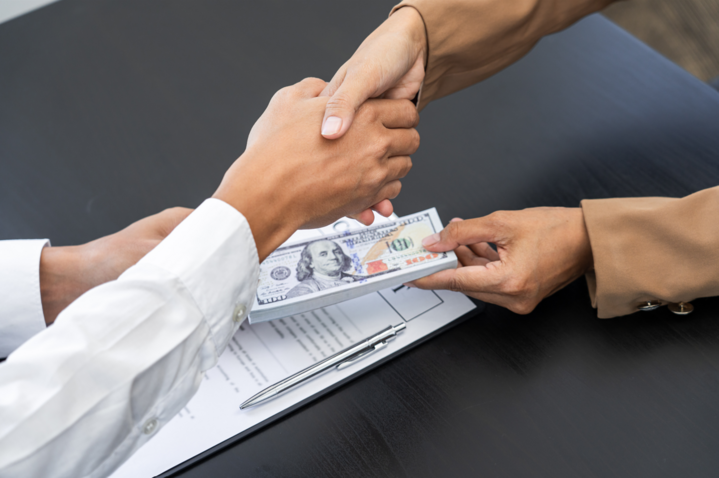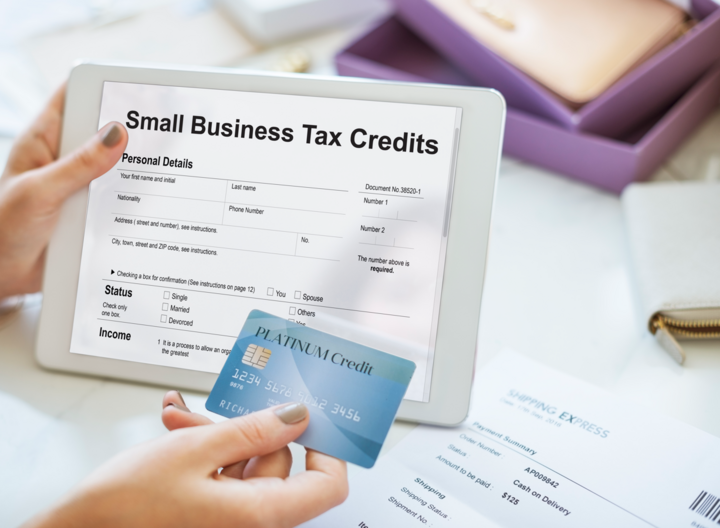Even if it hasn't happened to you, chances are you at least know someone who has been the victim of a computer hacker. These days, you can’t do enough to dissuade a potential identity or credit card number thief! Those who are not computer savvy (or just don’t think about it much) are currently doing things that, unfortunately, are greatly increasing their chances of being the next victim (source) These include:
- Using an easy-to-figure-out password: Many people use simple passwords in part because they’re easy to remember … but they are also much easier for a hacker to figure out. Instead, figure out a password that includes:
- At least 8 characters
- Letters
- At least one upper-case letter or one symbol
- Numbers, letters and symbols that is at least 8 characters long. If you want to test the security of your password, check out Microsoft’s password checker. You might start with a memorable sentence, such as mydoghasfleas, and then just change it up in a way you can still remember it, e.g., mydoghas#2fleaZ.
- Using the same password for all (or more than one of) your accounts: Just imagine … if a hacker gets into one of your accounts, they suddenly have access to all of them! In a perfect world, you should use different passwords for everything – but at minimum, at lease use different passwords for financial sites than you do on social media sites.
- The problem with using many different passwords is that you then need to store them somewhere. However, it’s a mistake to store your passwords on your computer or phone, because hackers will have your information if you accidentally install spyware as you surf the Web.
- Giving out too much of your information on social media: Here, a great example is Facebook. Each time you give out your birthday, your pet’s name and so on, you’re unwittingly providing hackers with ammo they can use to get into your accounts.
- Using multiple credit cards and paying incorrectly: If you use more than one credit card to make online purchases, you have multiple places where you’re vulnerable. The best avenue to use for online purchases is going through a service like PayPal, and even then using a card with a low balance in case a hacker goes in and maxes it out.
- Using public Wi-Fi: At first glance, this may not seem like a big deal. But because it’s public, it is easier for hackers to get the information they need to perpetrate their dastardly deeds. A better alternative is using your phone to access the Web.
Popular Posts
Instantly Pre-Qualify
Want Actionable Information, Tools and Resources To Quickly Acquire Business Capital, Credit and Funding?
I take tremendous pride in building positive and lasting relationships in my businesses and personal life. Every member of my team is committed to helping our clients get the maximum amount of funding possible and achieve their highest growth potential.



 Share
Share









